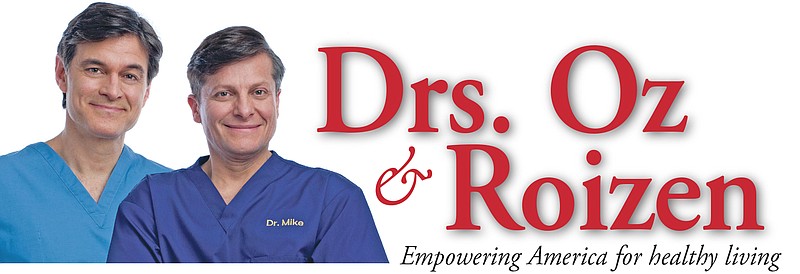We want to tell you a story: Jessica Love Burnside's 4-year-old son Seth has had a complex medical history, so last month, her mother's intuition about his sudden illness was even more important than usual. Yet, this Black American woman's pleas to hospital staff for attention as her son's oxygenation and heart rate cratered to zero were ignored until she was tragically witnessing her child's cardiac arrest. The boy survived, and the resulting Facebook Live video went viral because her rage vividly illuminated the painful health disparities evident in America.
During a taping of "The Dr. Oz Show" this week, on which Jessica appears, a Black producer commented that Black women see white doctors the same way that Black men see white police officers. Jessica and other Black women supported this biting commentary. This heartbreaking comment pokes holes in our belief that the culture of medicine prevents implicit bias from penetrating doctors' sacred vows.
The ugly truth overwhelms the beautiful lie that health care is a fair, discrimination-free space. The stories of Black mothers' cries for help for themselves and their children that have gone unheard in emergency rooms, intensive care units and doctors' offices shatters the illusion that we doctors are fulfilling our oath to do no harm.
COVID-19 highlighted the racial discrepancy in health outcomes, with Black people dying over twice as frequently per capita as white people. We also know that Black women are 243% more likely to die from childbirth-related causes. These differences can't simply be explained away by pointing to the mere prevalence of underlying conditions. Even when socioeconomic issues are removed, Black mothers die more often during pregnancy and Black newborns die more frequently than white newborns.
For the first time ever, major medical associations like the American Academy of Pediatrics and American Academy of Emergency Medicine are acknowledging these racial health disparities.
Interestingly, these disparities are less prevalent when the attending physician is also Black. According to a recent study published in the journal Proceedings of the National Academy of Sciences, Black infants are roughly two times more likely to die under the care of a white physician than under the care of a Black physician, which corresponds to a 58% reduction in mortality correlated with the race of the doctor.
Bias is also an issue in basic preventive health care. An Oakland, California, field study noted that Black participants assigned to Black doctors were more likely to have their blood pressure and body mass index measured than those who saw non-Black doctors. Participants were offered further voluntary testing before and after seeing the doctor. As reported in a 2018 Harvard Business Review article on the study: "for invasive tests, only men who saw a Black doctor agreed to take up more services than they had initially selected. A participant who saw a black doctor was 47% more likely to agree to a diabetes screening and 72% more likely to accept a cholesterol screening than those who saw a non-Black doctor." The researchers suggested these encounters provided an improved level of communication and a higher sense of trust. Those qualities are also essential to making our health care delivery more efficient so we get the most value from the most expensive health care system on the planet.
As our society struggles to eradicate implicit bias, we need leaders on the ground who acknowledge its prevalence and work to break down the barriers in individual institutions that reinforce prejudice and bias. In our health care system, this translates to more doctors of color. While 13% of the population is Black American, only 5% of doctors are Black, and less than half of them are women. Let's change this reality by supporting the #MoreBlackDoctors campaign to inspire participation from underrepresented communities.
Next week, we'll explore a game plan to do just that.
Mehmet Oz, M.D. is host of "The Dr. Oz Show," and Mike Roizen, M.D. is Chief Wellness Officer and Chair of Wellness Institute at Cleveland Clinic. To live your healthiest, tune into "The Dr. Oz Show" or visit sharecare.com.
(c)2020 Michael Roizen, M.D.
and Mehmet Oz, M.D.
King Features Syndicate

